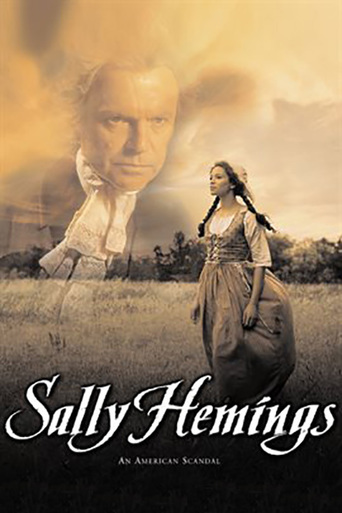


Sally Hemings: An American Scandal
Epic television miniseries exploring the complicated relationship of Thomas Jefferson and slave Sally Hemings, who conducted a 38 year love affair, spanning an ocean, ultimately producing children, grandchildren, and lots of controversy.
-
- Cast:
- Sam Neill , Carmen Ejogo , Diahann Carroll , Mare Winningham , Mario Van Peebles , René Auberjonois , Zeljko Ivanek


Similar titles
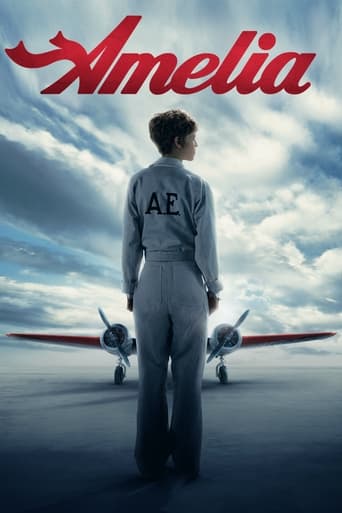
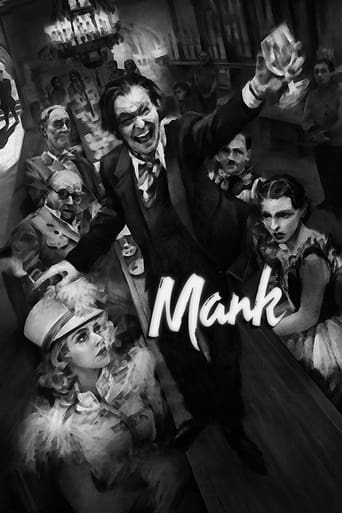
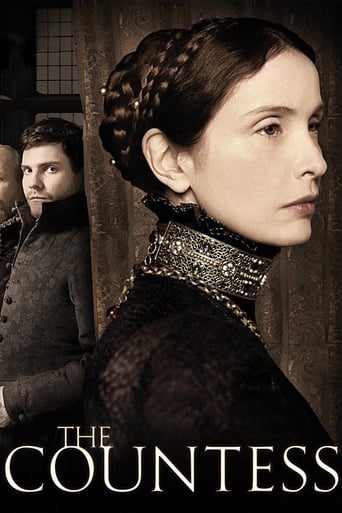
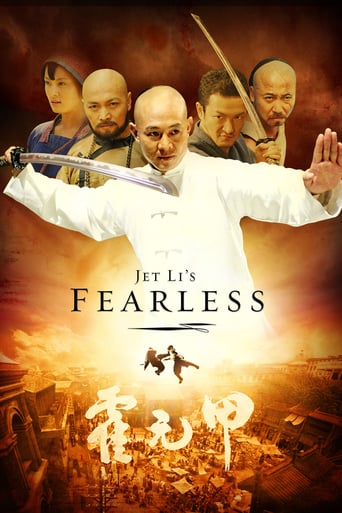
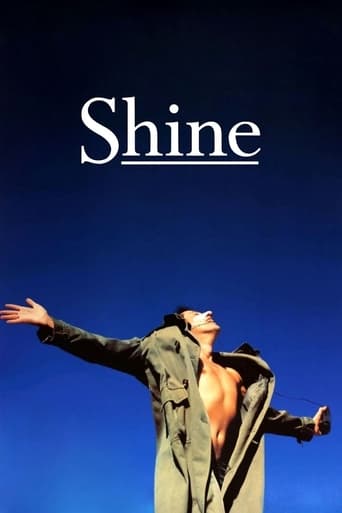
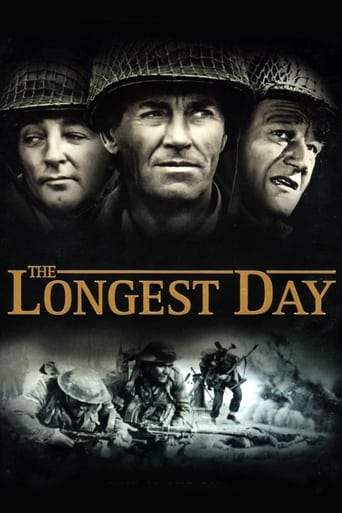
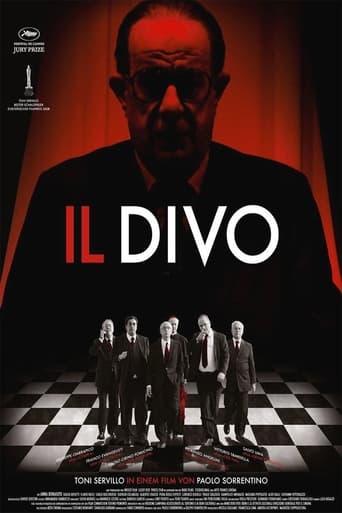
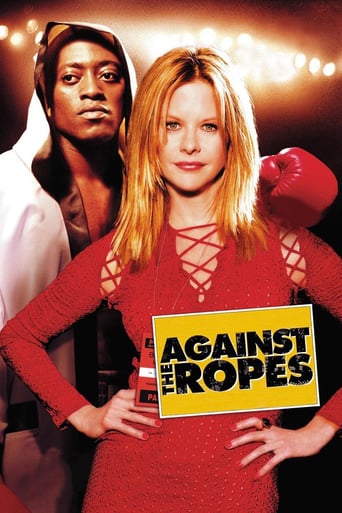
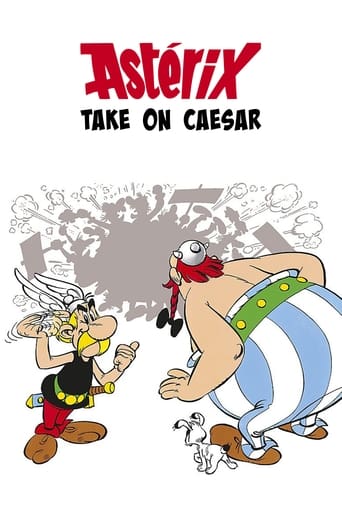
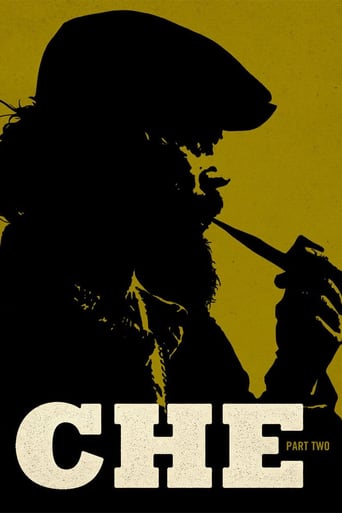
Reviews
Touches You
i must have seen a different film!!
It's entirely possible that sending the audience out feeling lousy was intentional
It is an exhilarating, distressing, funny and profound film, with one of the more memorable film scores in years,
The belief that Thomas Jefferson had a long-standing sexual relationship with his slave Sally Hemings rests on four grounds: 1) the contemporaneous charges of journalist James Callendar, who smeared members of both political parties, sometimes truthfully and sometimes not, as his allegiances shifted. Callendar's charges were made in viciously racist terms, and they were never directly addressed by Jefferson. Callendar is strikingly portrayed as a snake by Rene Auberjonois in this film. 2) The claim of Madison Hemings, one of Hemings' sons, who first wrote that he and Hemings' other children were fathered by Jefferson in a newspaper interview and then in a short memoir, both written in the 1870's, when he himself was in his seventies, and nearly fifty years after Jefferson's death. 3) DNA testing of the lineal descendants of Eston Hemings, Sally Hemings' youngest child, that showed a familial link to a male Jefferson, but not specifically to Thomas Jefferson. 4) Timetables that show that Thomas Jefferson is the only male Jefferson who can be proved to have been at Monticello around nine months before the births of all of Sally's children. If we make the assumption that all of Sally Hemings' children had the same father, that would tend to show that Jefferson was the father of all of them. Each of these, by itself, proves nothing; even taken together they aren't conclusive proof. But they certainly are suggestive.What is more important in judging stories about Sally Hemings and Thomas Jefferson is that we know practically nothing about the nature of the relationship between them. Hemings left no papers; Jefferson wrote nothing about her. Madison wrote that Sally went to France as a companion to Jefferson's daughter Maria when he was the US ambassador; that she and Maria stayed eighteen months, during which Sally became pregnant with Jefferson's child. "She was just beginning to understand the French language well, and in France she was free, while if she returned to Virginia she would be re-enslaved. So she refused to return with him. To induce her to do so he promised her extraordinary privileges, and made a solemn pledge that her children should be freed at the age of twenty-one years. In consequence of his promise, on which she implicitly relied, she returned with him to Virginia." He wrote that these promises were kept: "He (Jefferson) was not in the habit of showing partiality or fatherly affection to us children. We were the only children of his by a slave woman. He was affectionate toward his white grandchildren, of whom he had fourteen, twelve of whom lived to manhood and womanhood." He also wrote that, "We were permitted to stay about the 'great house,' and only required to do such light work as going on errands. Harriet learned to spin and to weave in a little factory on the home plantation. We were free from the dread of having to be slaves all our lives long, and were measurably happy. We were always permitted to be with our mother, who was well used. It was her duty, all her life which I can remember, up to the time of father's death, to take care of his chamber and wardrobe, look after us children and do such light work as sewing, and Provision was made in the will of our father that we should be free when we arrived at the age of 21 years."Assuming this is all true (and the movie doesn't stick to even this much) everything else about their relationship is invented. Were Sally and Thomas tender and loving partners over several decades, was Thomas a mean and ruthless exploiter of a vulnerable slave, or did they both have what was just a practical arrangement? Nobody knows, so we all bring to their relationship our own prejudices, wishes, and hopes. It's a mirror, and what we see in it is ourselves, not any historic fact. What is written and filmed about them is a "plantation romance," whether it is of the whips and chains variety like Mandingo and parts of this movie, or whether it is more hopeful that love could overcome the institution of slavery, as are other parts of this movie. As to the movie itself, it has a serviceable script and is well filmed by TV mini-series standards, and its four-hour length doesn't seem too long. Its main advantages are that Neill and Ejogo provide two good lead performances and that Ejogo is a world-class beauty. Its only distracting flaw is the excessive and quite noticeable make-up jobs on all the actors who are supposed to be elderly. In sum, it's worth watching if you're interested in the subject and don't think that movies tell the truth about historical characters.
With all that has been discovered and written about Thomas Jefferson and Sally Hemings, it's unfortunate that the movie did not stick to facts. The acting was good. 1. It's unclear whether there was a first son Tom who survived. Thomas Woodson was shown through DNA testing NOT to be related to the male Jefferson line. 2. While the movie had to come up with material for times when Jefferson was away, the circumstances of Sally Hemings' status at Monticello make it unlikely that she was attacked and whipped in the way shown. 3. The slaves at Monticello were NOT sold until after Jefferson's death, when they were auctioned off and Monticello was sold. Jefferson had allowed Beverly and Harriet to "run away" years before that, when Harriet was 21. 4. He freed Eston and Madison Hemings in his will. They shared a house in Charlottesville. Martha gave Sally Hemings "her time" (an indirect kind of freedom) and she lived in Charlottesville with her free sons until her death. Thus, all of the Hemings nuclear family were freed - something that points to the special relationship they had with Jefferson. 5. The Thomas Jefferson Foundation, which runs Monticello, and the National Genealogical Society have both stated that the preponderance of historic evidence (supported by the DNA results) is that Jefferson fathered all of Sally Hemings' children, as noted above. Descendants of Eston Hemings were found to be related to the Jefferson male line, and Thomas Jefferson was the most likely candidate as the father of him and the other children. Four Hemings children survived to adulthood, and three of those: Beverly, Harriet and Eston and his descendants, passed into white society. They were 7/8 white by heritage. 6. The Carr nephews were shown by DNA testing NOT to be possible ancestors to the Hemings children. 7. As others have recommended, read Annette Gordon-Reed's book "Thomas Jefferson and Sally Hemings: An American Controversy". It's a good analysis of the evidence and how historians tried to avoid the obvious for years.
Although not a fan of one specific genre ,a DRAMA/ROMANCE genre is not my first favor to watch. Started watching the movie didn't get my attention at first and the feeling arose to stop it and look at another movie. Just over 1000 movies waiting to be seen in my DVD-collection, it was very tempting to 'save this one for later'. Finally it was a TV production, so it couldn't be too good, was my reasoning. But I was wrong, and was really wrong. After about 15 minutes, the movie was attracting my attention and I went on seeing it. After 30 minutes 'I was all in it' and really enjoyed it. There is exceptional good acting and a good story line. All characters where 'real' in their acting, contributing to the experience of the story told in the movie. I can't say anything about the historical truth of this movie, but I didn't watch it from that point of view. I watched it to enjoy a good movie and it seemed to be one. So to be short: Try this movie and look at it for a minimum of the first 20 minutes, before deciding to stop, which in my opinion is the wrong thing to do. It's just the habit of having movies catches you in their first minutes. Well, this one surely isn't one of such, but it evolves slowly but surely to a good movie while watching. One important fact to mention is the music used to support the story in the movie. It's an exceptional good choice that was made here. I don't know if the movie has better soundtracks then the version I saw (dutch version) with 2.0 Dolby surround, but surely a well recorded 5.1 or even DTS soundtrack would significant improve the total movie experience. But being a TV production, I doubt there is something better than 2.0 Dolby surround (although you can leave out the 'surround' because it isn't really there). Despite this technical aspect it turned out to be a surprisingly good movie and I was very glad, I DID finish my watching. Believe me, this movie is much better than one might expect. And I can especially recommend this movie for women, cause I think they even more appreciate this movie than the 'we coming from mars'-guys.
It's a TV movie, a chick flick, and blatant historical revisionism--I thought I'd hate it, but for some reason I didn't. An African-American woman wrote the screenplay, which is a good thing, given the racial and political ramifications of this fictionalized account of the relationship between America's third president, Thomas Jefferson, and the slave woman, Sally Hemings, who almost certainly bore him one, and probably several, children. The screenwriter was candid enough to admit that the relationship was most likely not as romantic as she portrayed, but that otherwise she tried to stick to known historical facts. Of course, the fact is that we know very little about the real Sally Hemings, and the film's creators have taken this as license to portray a very modern, strong-willed and beautiful heroine (beauty, for better or worse, is important for the star of a historical romance--and I must admit Carmen Ejogo succeeded in capturing my attention) who hardly seems to be a slave at all. She is recast as a latter-day Esther, the Biblical slave woman who became queen of Persia and used her position to save her people. But even the fictional Hemings cannot save her people--although she does help many escape to freedom. And both the fictional and real Thomas Jeffersons, despite having penned the words "all men are created equal" and claiming that slavery was an abomination before God, never took action to bring about the end of the institution of slavery. Indeed, Jefferson was a complicated and puzzling figure. A virtual Renaissance man with big, beautiful dreams for the future of humankind, he was also a hypocrite and a racist, and was frequently ineffectual in both his politics as well as his own personal finances. The last third of the movie chronicles his decline into bankruptcy, and it becomes a gothic tale of decadence, with poor Sally doing all she can to fend for herself and her children while staying loyal to the master of the house. The decline and fall of Jefferson's dream world is the final test of Sally's womanly strength, and it is also a bittersweet presaging of the fall of the Old South. Of what little we do know of the real Hemings, it seems highly probable that she was three-quarters white, and that she was in fact the half-sister of Jefferson's late beloved wife. The lasting and profound image of this modest movie is of the "white slaves," people who we know for a fact did "pass" for whites once they gained their freedom. We condemn slavery because "all men are brothers"; how astounding it is to see that on the old plantations this was literally and blatantly true, with men like Jefferson holding their sons, daughters, brothers, sisters, aunts and uncles as "property'! I liked this movie better than the fancy Merchant-Ivory production, Jefferson in Paris. Sam Neill's waffling, self-contradicted, flakey Jefferson seems more historically accurate than Nick Nolte's mountainman, and even though much of the rest is pure fantasy, it is a fairly well-crafted, entertaining and positive rendering of disturbing and potentially controversial material.
